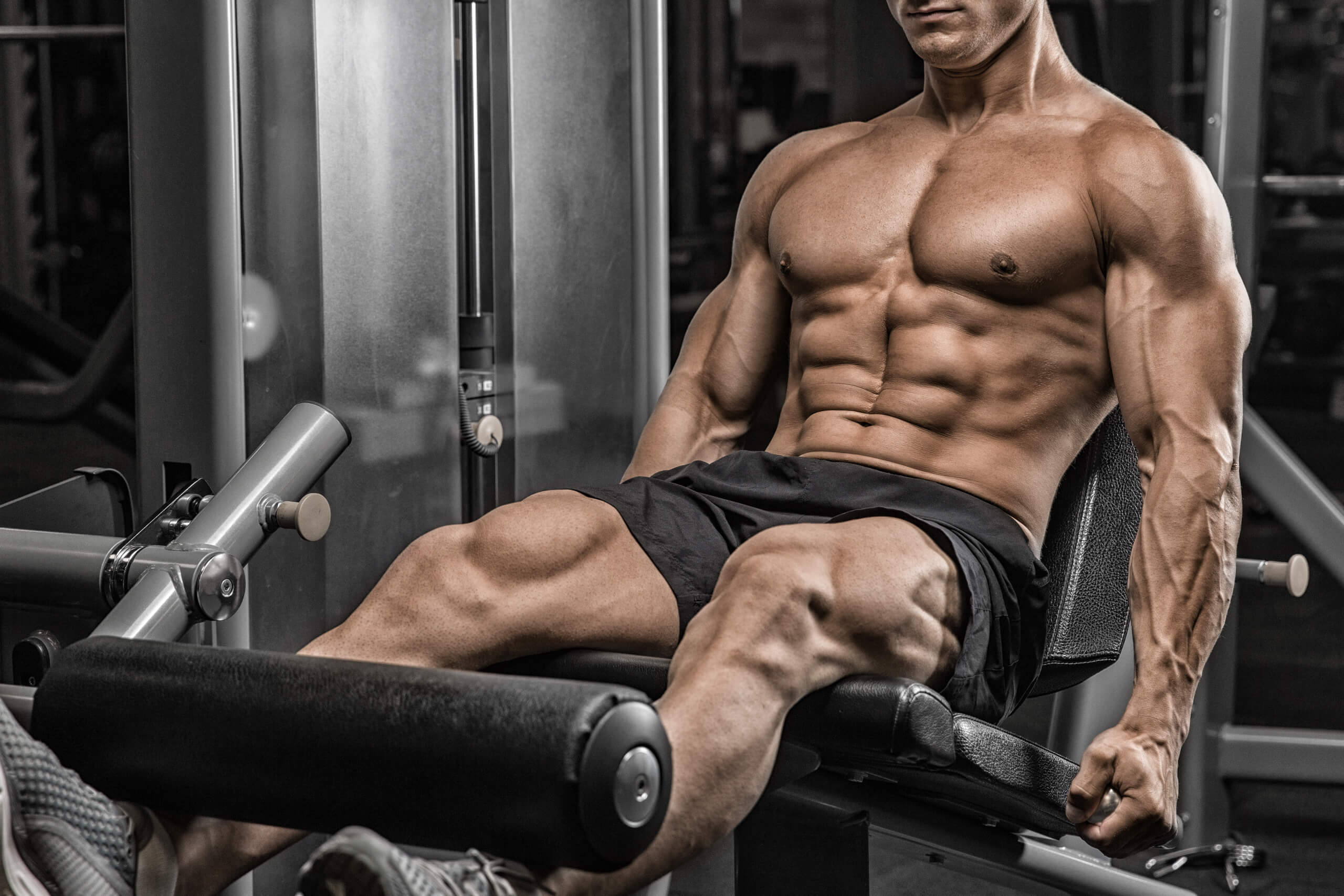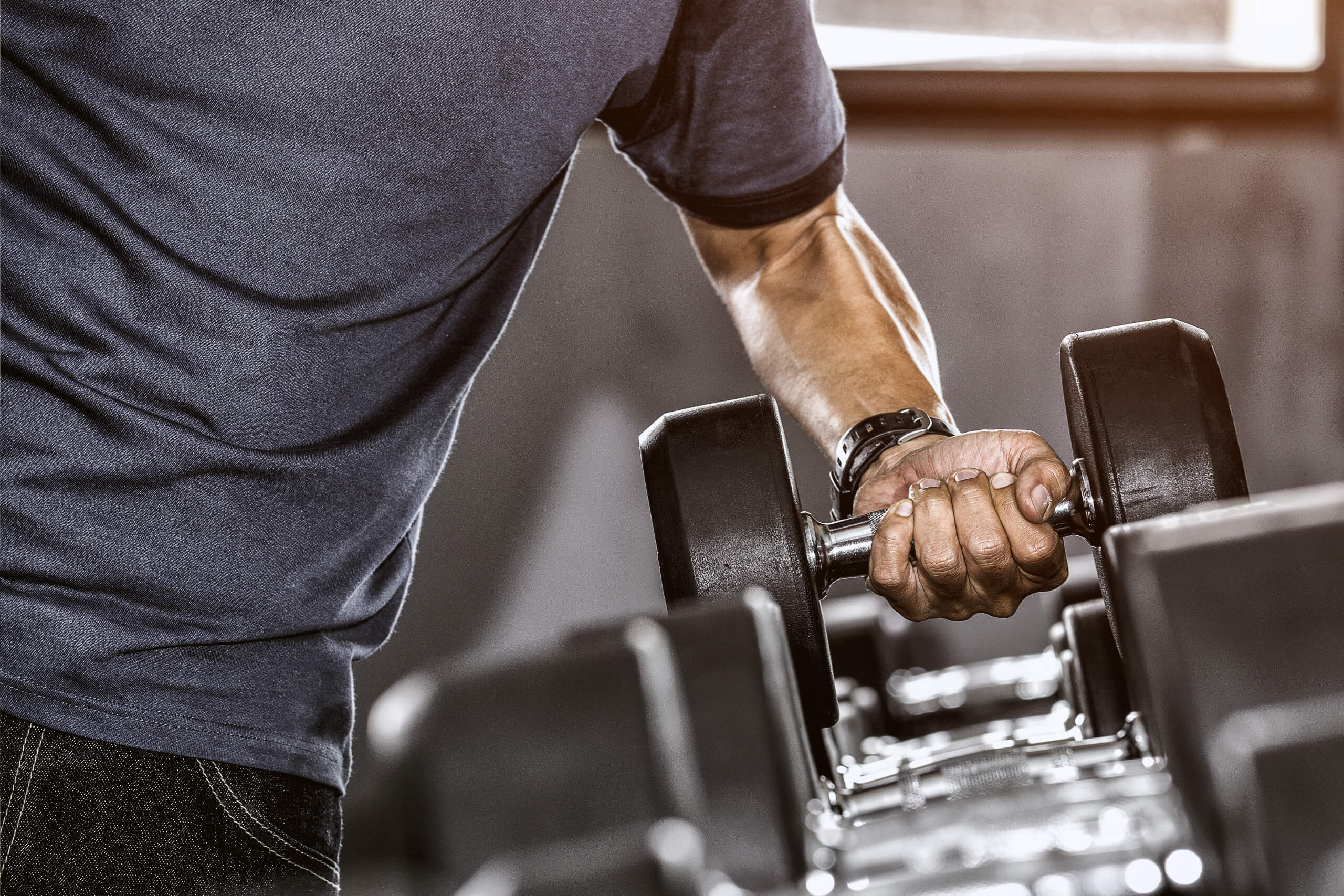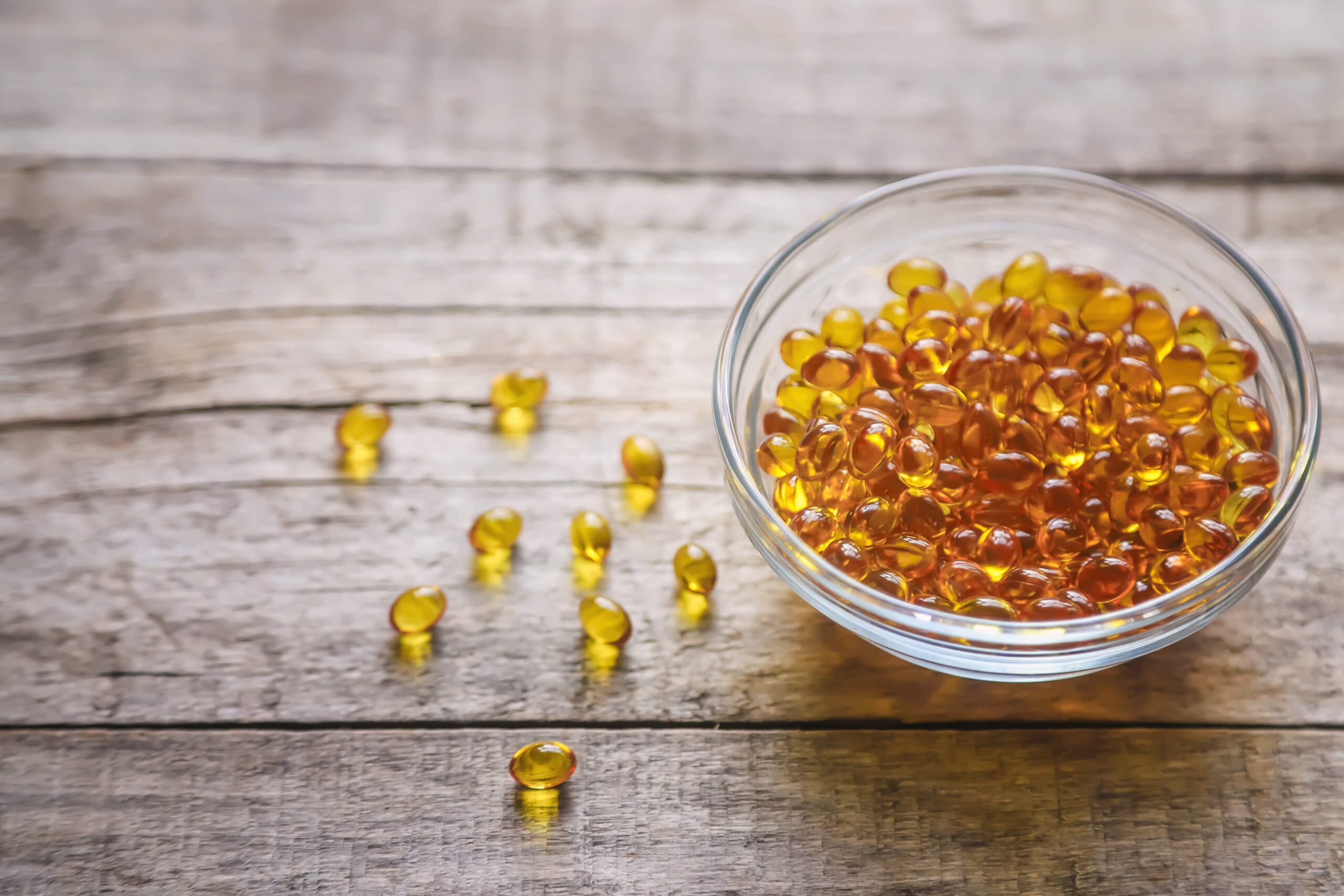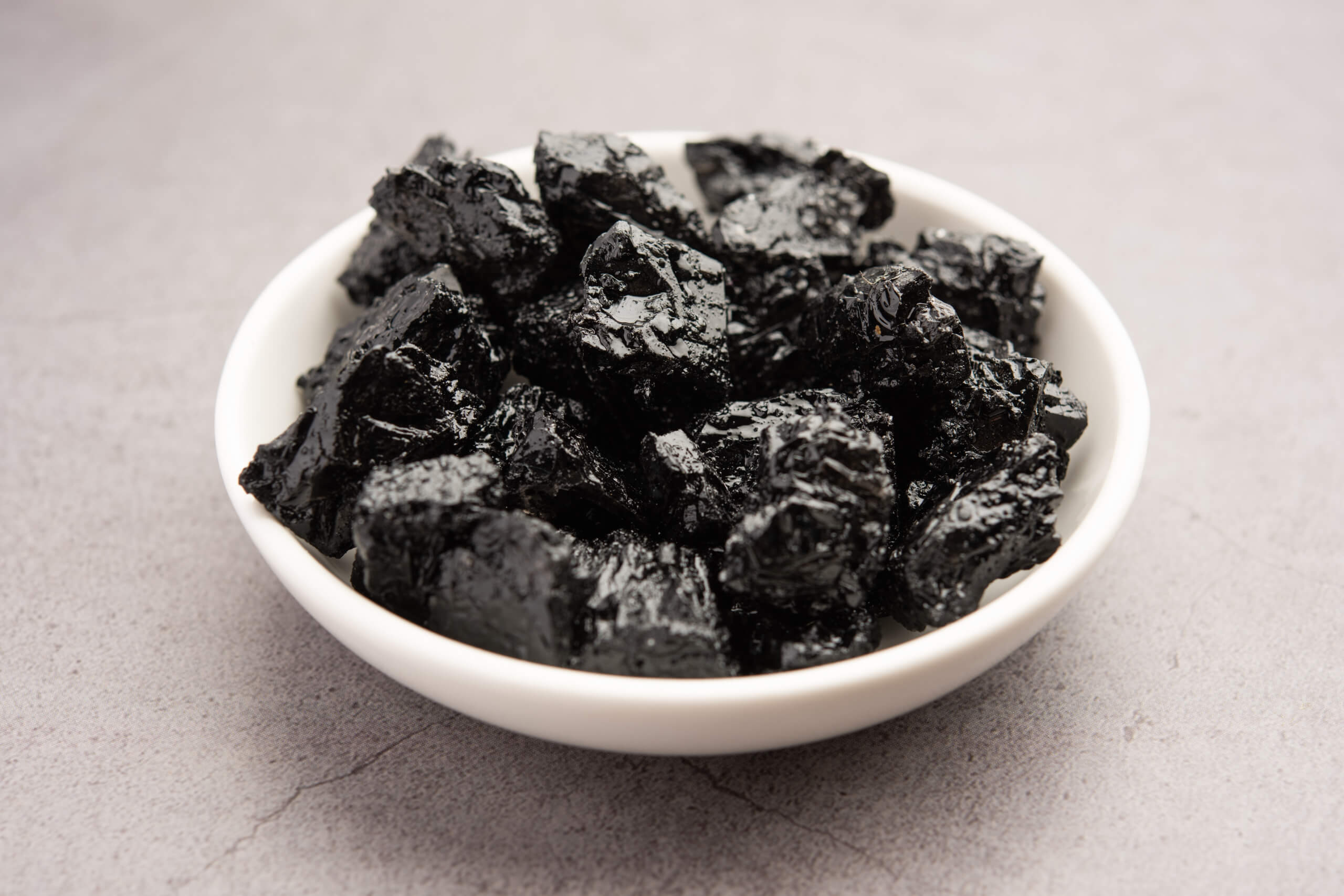Muscle building is a sought-after goal for many fitness enthusiasts, yet for some, the journey seems longer and more challenging than for others. While genetics and individual differences play a role, there are common factors that might be impeding your muscle growth. Let’s delve into the top ten reasons why you might not be seeing the muscle mass gains you desire.
1. Insufficient Protein Intake
Protein is the building block of muscles. Without sufficient protein, your muscles can’t repair and grow after a rigorous workout. The recommended dietary allowance (RDA) for protein is 0.8 grams per kilogram of body weight. However, individuals who are actively trying to build muscle might need more.
Studies have shown that for muscle hypertrophy, individuals might require up to 1.2 to 2.0 grams of protein per kilogram of body weight daily.
2. Inadequate Caloric Intake
Muscle building requires energy, and this energy comes from calories. If you’re consuming fewer calories than your body uses, muscle growth can be hampered. It’s crucial to ensure you are in a caloric surplus when aiming to build muscle.
3. Not Enough Sleep
Sleep is when most of the muscle repair happens. Lack of sleep can lead to cortisol production, a stress hormone that can break down muscle tissue. Aim for at least 7-9 hours of sleep for optimal muscle recovery.
4. Overtraining
While working out is essential for muscle gain, overdoing it can lead to the opposite effect. Overtraining can lead to fatigue, decreased performance, and even injuries. Balance is key.
5. Inadequate Strength Training Regimen
Relying solely on cardio and neglecting strength training can hinder muscle gain. Strength training, especially compound movements like squats, deadlifts, and bench presses, are crucial for muscle hypertrophy.
6. Inconsistent Workout Routine
Consistency is key in any fitness journey. If you’re not regularly stressing your muscles, you might not see growth. Aim for at least 3-4 strength training sessions weekly.
7. Not Varying Workouts
Variety in your workouts is essential. Over time, your muscles adapt to the same routine, leading to a plateau. It’s important to change your exercises, sets, reps, and intensity periodically.
8. Ignoring Post-Workout Nutrition
Post-workout nutrition plays a pivotal role in muscle recovery and growth. Consuming a combination of proteins and carbohydrates post-exercise can optimize muscle protein synthesis.
9. Hormonal Imbalances
Testosterone and growth hormone play significant roles in muscle growth. If there’s an imbalance in these hormones, it might hinder muscle gain. Consider getting tested if you suspect a hormonal issue.
10. Not Taking Supplements When Needed
Sometimes, despite a balanced diet, there’s a need for supplementation to aid muscle growth. One such supplement is Mr. Test which is formulated to support men’s health and muscle development.
Conclusion
Building muscle is a complex process that requires a multifaceted approach. It involves proper nutrition, consistent and varied workouts, adequate rest, and sometimes, supplementation. By addressing the reasons mentioned above, you can pave the way for optimal muscle growth and achieve your desired physique.
Related Posts
31/12/2024
Saw Palmetto: Support Prostate Health and Boost Testosterone
Saw Palmetto, a powerful herbal extract, has been a popular choice for men looking to support prostate health and…
27/12/2024
How TongKat Ali Helps Women Achieve Hormonal Balance
Achieving hormonal balance is vital for every woman’s overall health and well-being. From energy levels to mood…
21/12/2024
Fadogia Agrestis: Unlocking Natural Testosterone Boost
Are you searching for a natural way to supercharge your testosterone levels? Enter Fadogia Agrestis, a powerhouse herb…
15/12/2024
Rhodiola Rosea: The Stress-Reducing Herb Every Woman Needs
Stress is an unwelcome guest in most women’s lives. Whether juggling a career, family, or personal wellbeing, it can…
09/12/2024
Top Protein Sources for Maximum Muscle Gain
Quisque non est quis libero ornare egestas vel ut arcu. Ut non mauris maximus, consectetur lorem et, interdum quam. Nam…
03/12/2024
The Importance of Vitamin D3 for Women’s Health
Vitamins play a crucial role in maintaining women’s health, and among them, Vitamin D3 stands out. Known as the…
27/11/2024
The Benefits of Shilajit for Testosterone and Muscle Mass
Have you ever heard of Shilajit? This sticky, tar-like substance has been revered in Ayurvedic medicine for thousands…
21/11/2024
Boosting Your Energy and Mood with Feminine Energy
In today's fast-paced world, many women find themselves juggling various roles, often putting their own wellbeing on…
15/11/2024
How TongKat Ali Boosts Testosterone: What You Need to Know?
Struggling with energy levels, mood swings, or difficulty gaining muscle? These could all be signs of low testosterone.…












